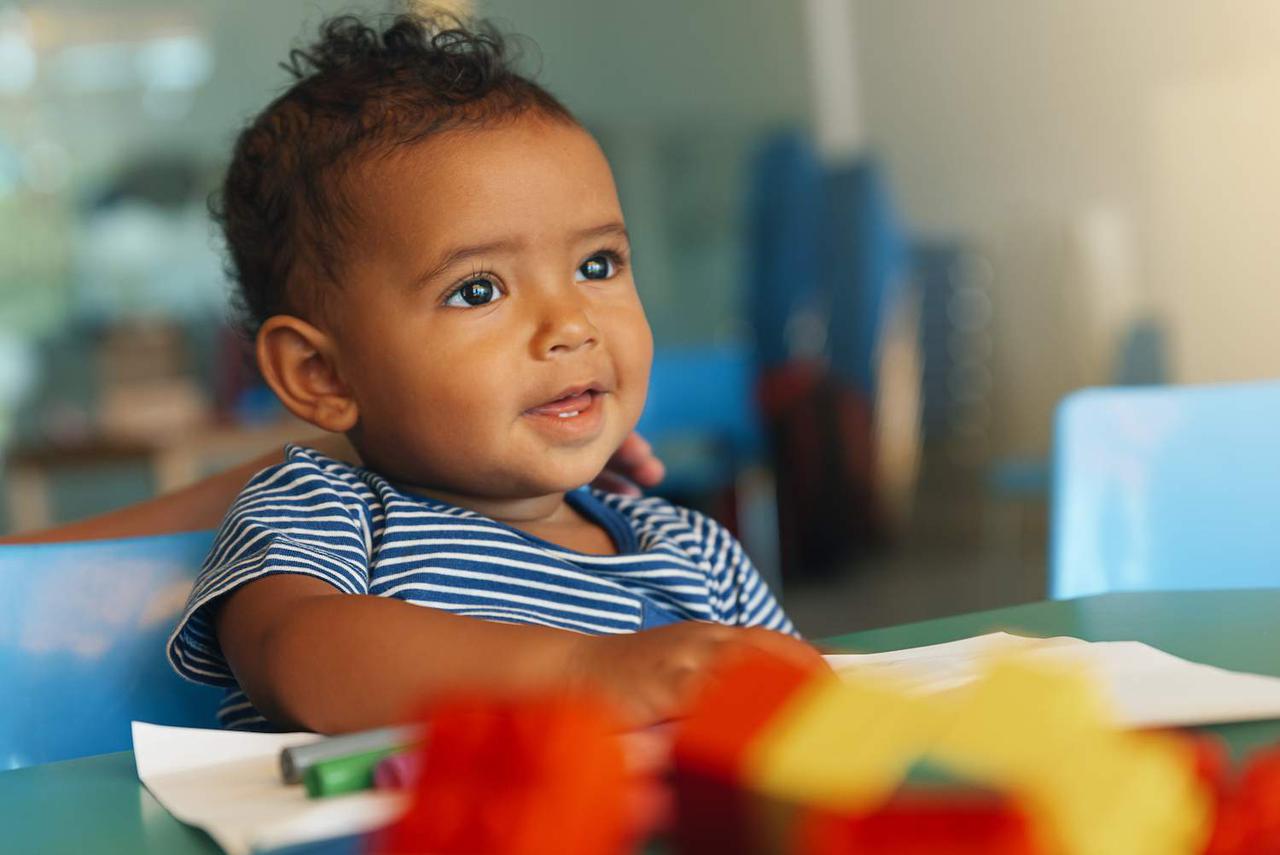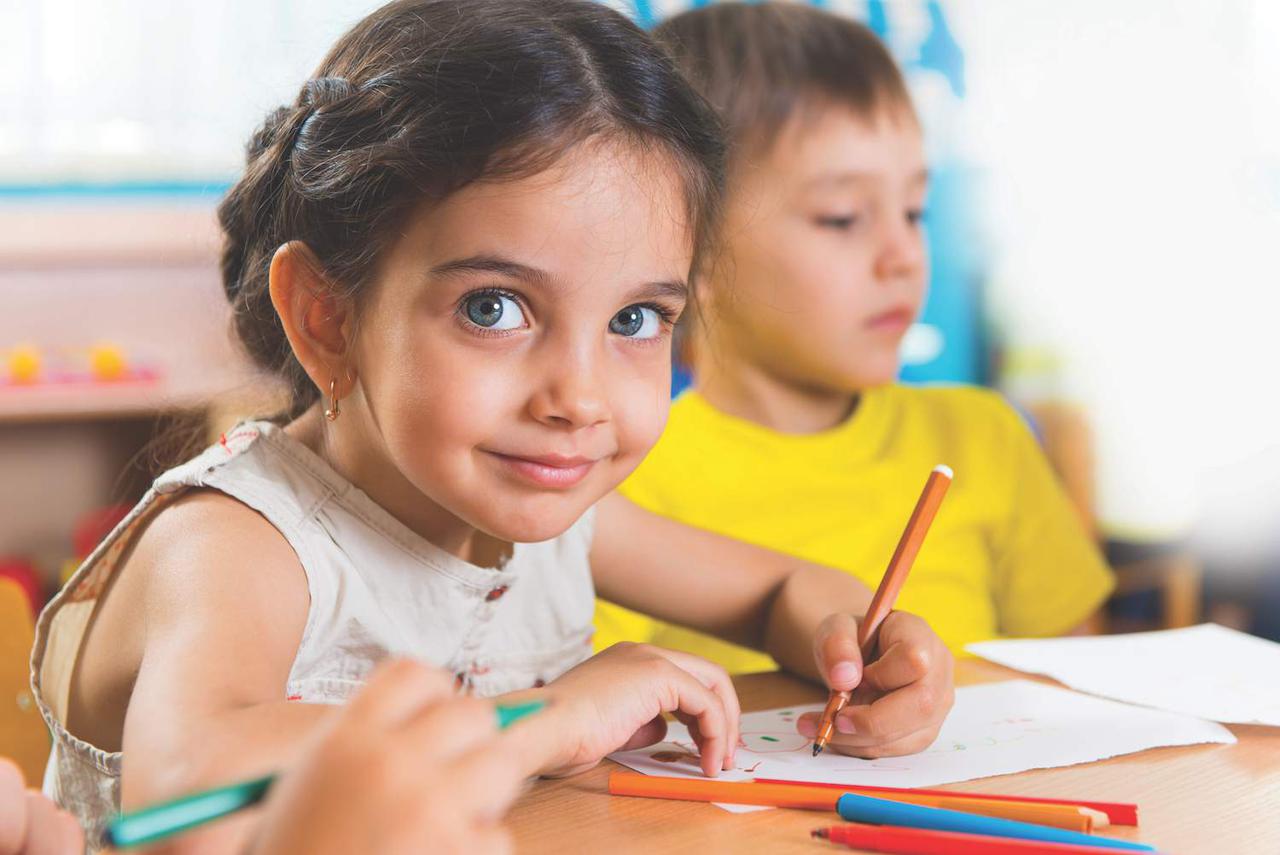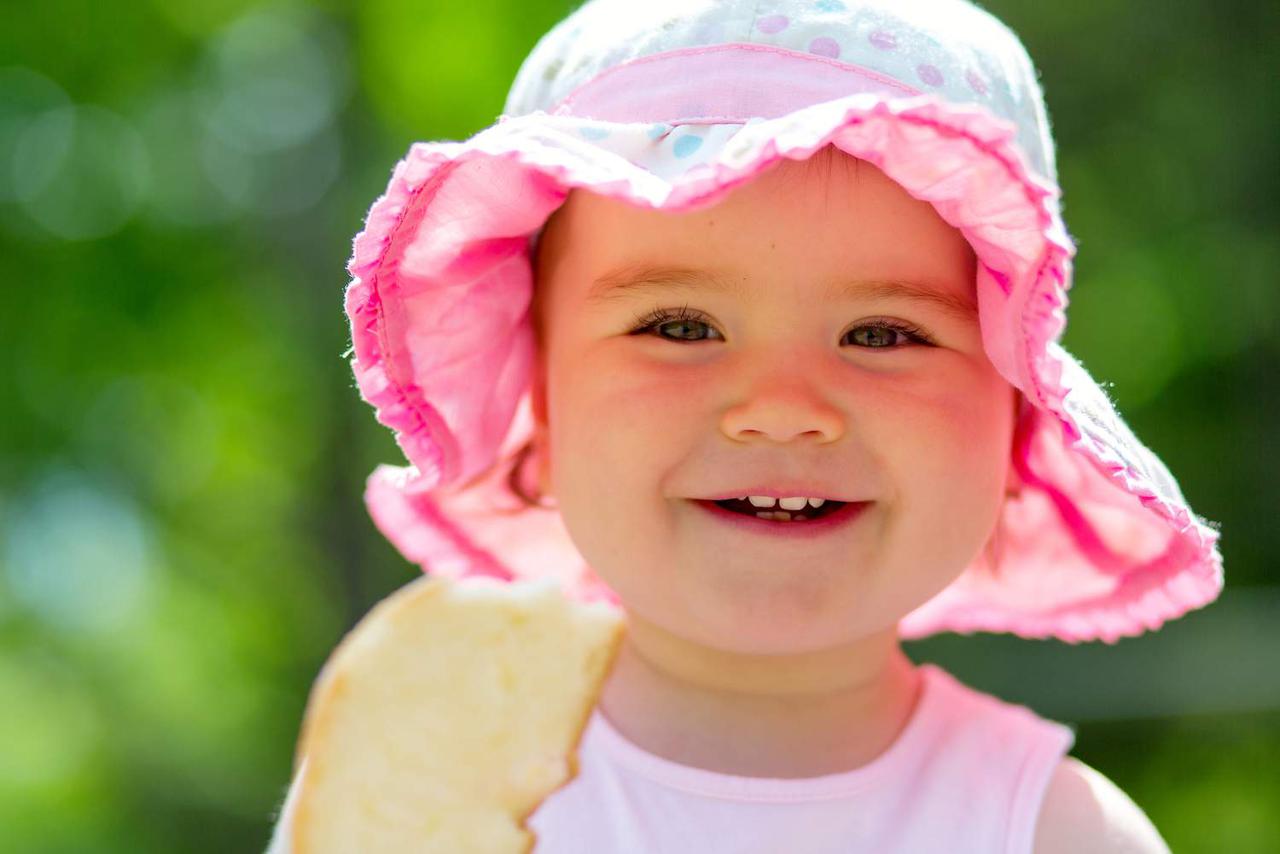Fees & Vacancies
Bray Park Early Learning Centre - 4 Weeks Free Childcare* Service features
See more (10)Bray Park Early Learning Centre - 4 Weeks Free Childcare* service include:
We’re so excited to offer families 4 weeks free childcare when you enrol your little one with us before Friday 4th July, 2025. The following terms and conditions apply to this offer:
• This offer is for new enrolments who enrol at Bray Park Early Learning Centre between the dates of 06/01/25 and 04/07/25.
• To be eligible for this offer, your child must be enrolled and have commenced at the centre, with at least 1 booking per week from commencement of enrolment between the promotion dates of 06/01/25 and 04/07/25.
• You will receive 4 weeks of free childcare, which will be applied to your account on your child’s 5th week of enrolment.
• The 4 weeks free refers to how many permanent days the child is enrolled for on commencement of care (start date). For example, if your child is initially enrolled for 2 days per week, you will receive 2 days per week free childcare for 4 weeks on your 5th week of care. You cannot pick up extra days after starting care and ask for these to be included in your 4 weeks of free childcare.
• As per our fee policy, your account is required to be up-to-date and a week in advance. If your account is not up to date, or you do not have a payment plan in place, you will forfeit your 4 weeks free childcare.
• If your give notice to cease care with us within the first 7 weeks of care (7 weeks from the start date), you forfeit the 4 weeks free.
• If you give notice to cease care with us and then re-enrol within 12 weeks (from the date you gave notice), you will not be eligible to receive this promotion, as you will be considered a re-enrolment rather than a new enrolment.
• Staff members receiving the staff discount are not eligible to receive this promotion.
Get to know us
Programs
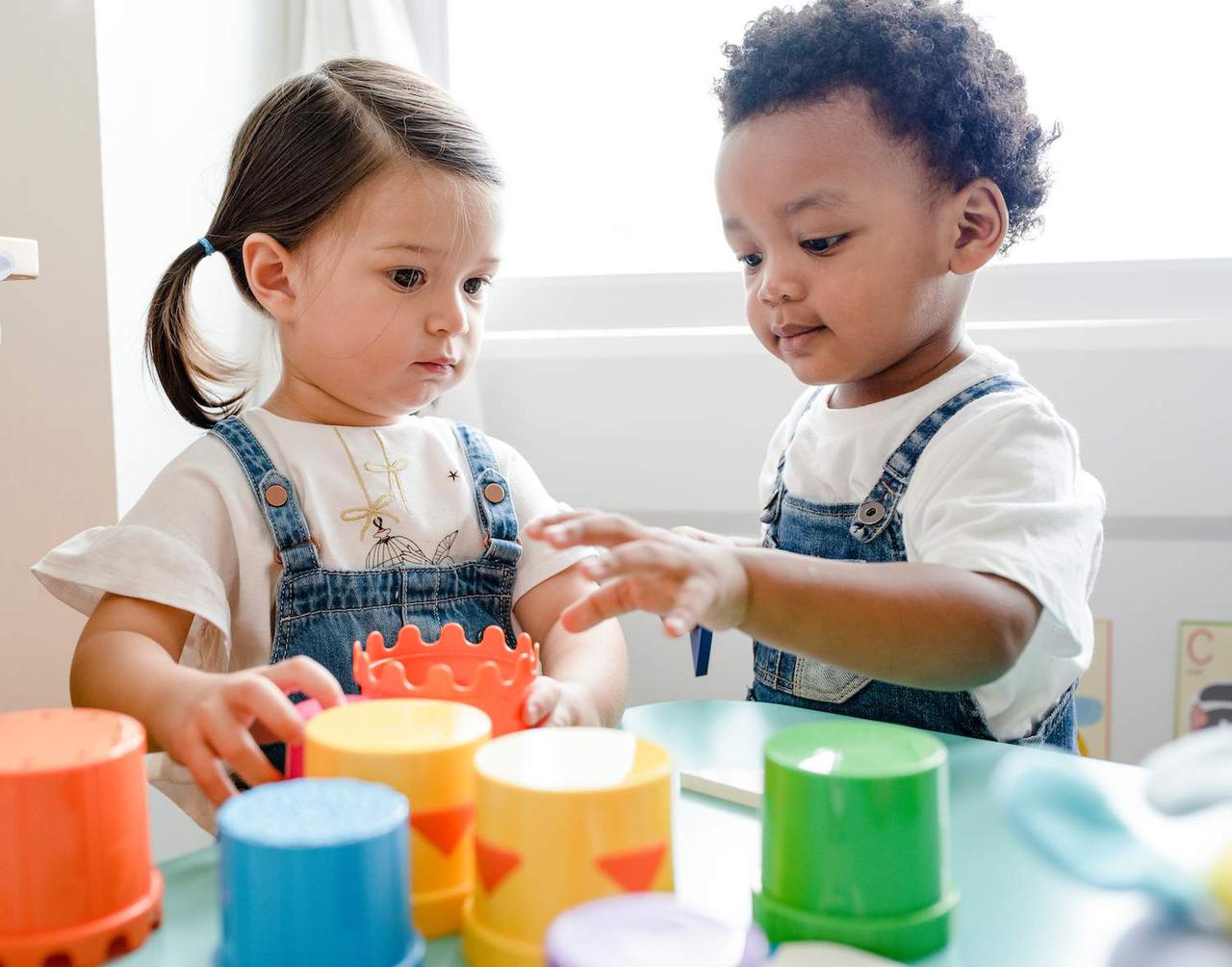
Programs
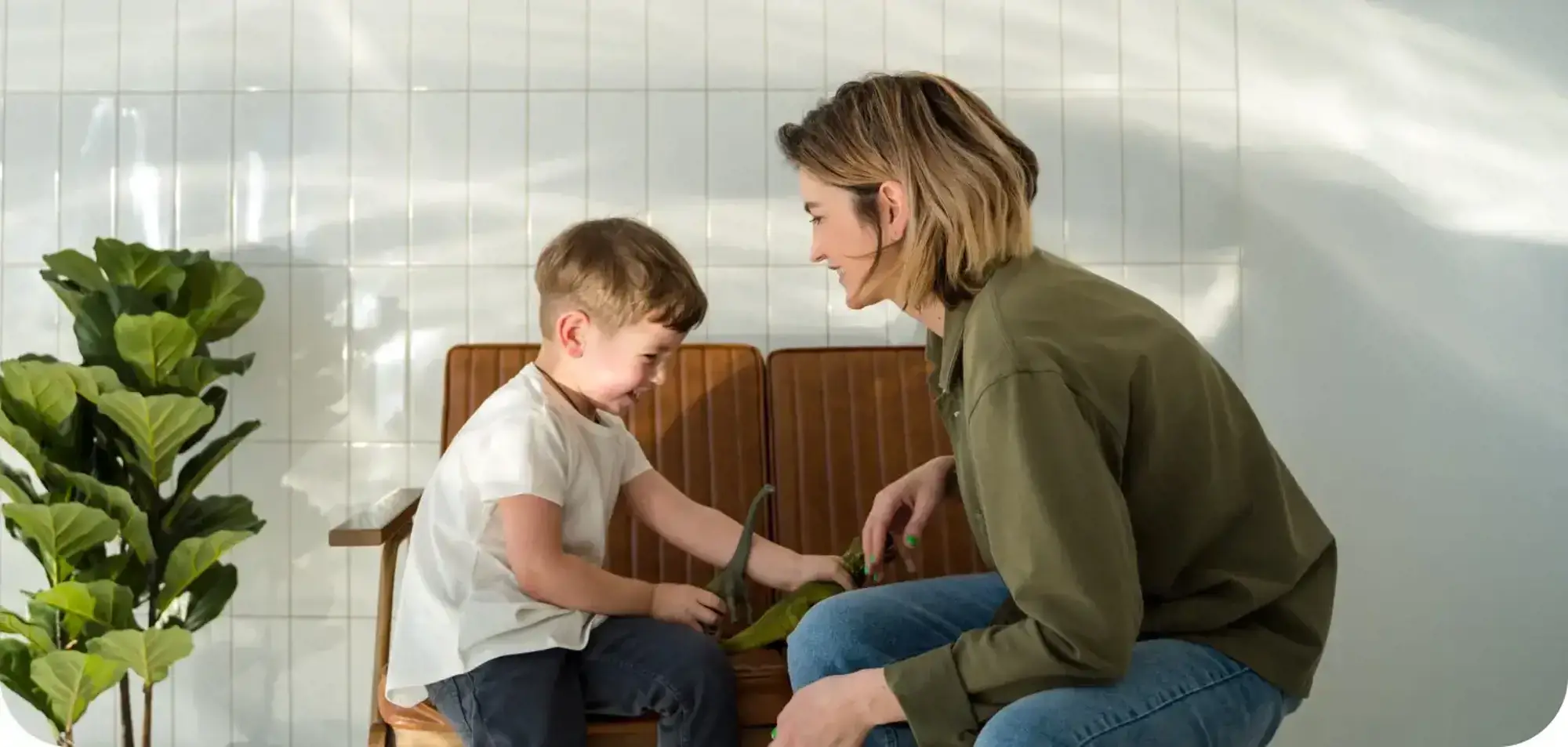
Interested in this centre but want to keep looking?
Share and add to your favourites for laterLocation
1-3 Hopetoun StreetBray Park, QLD, 4500
















